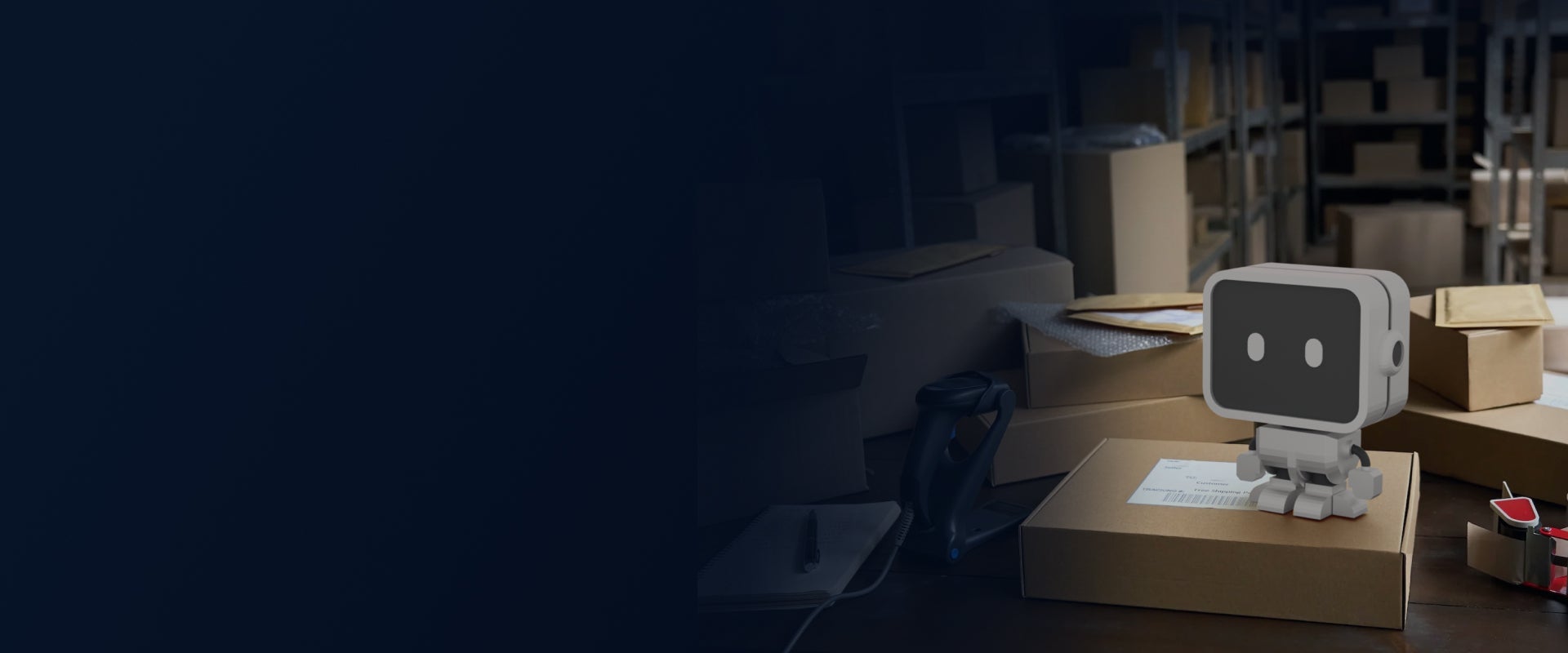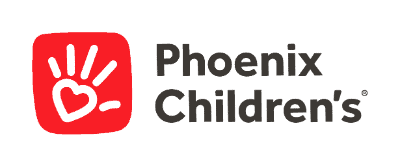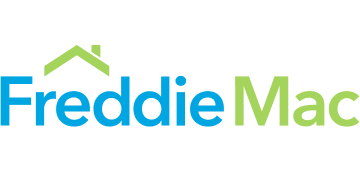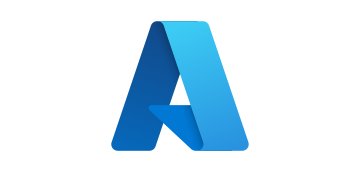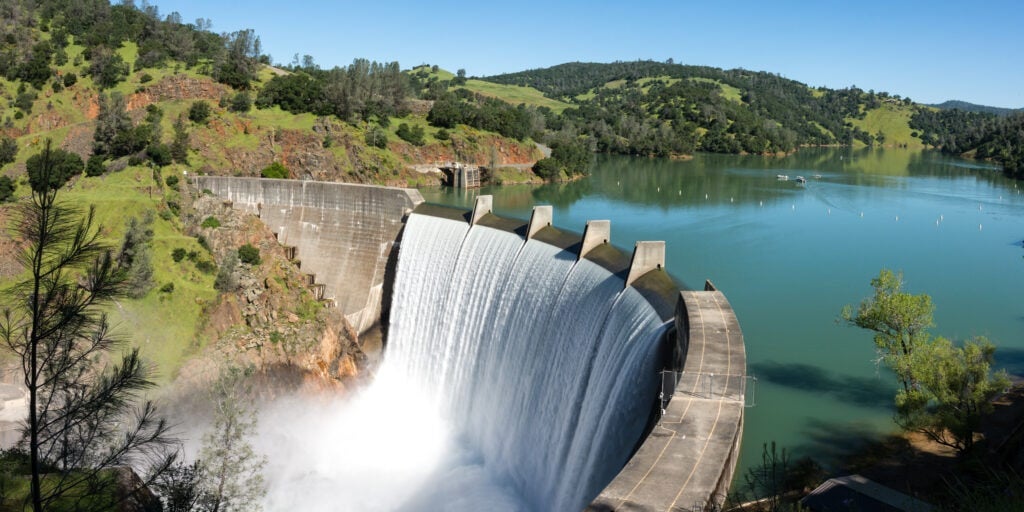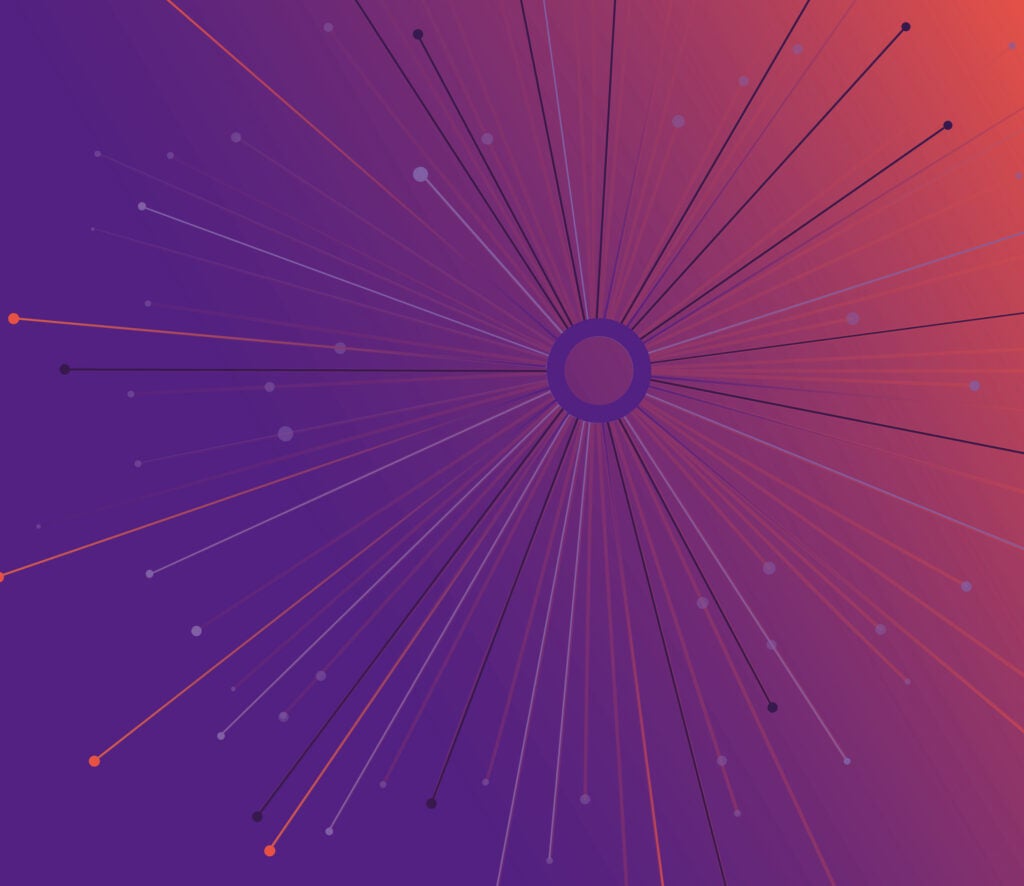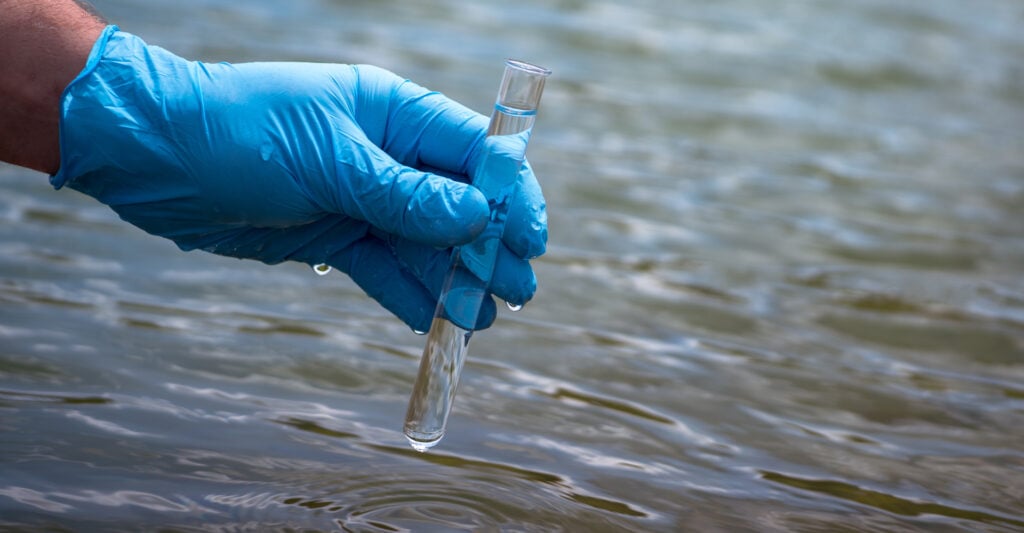OYAK Cement Boosts Alternative Fuel Usage from 4% to 30% — for Savings of Around $39M

When a leading Turkish cement maker turned to AI for process optimization, the company identified and rolled out improvements that reduced cost, and most importantly, brought down CO2 emissions nearly 200,000 tons per year.
Cement Manufacturing: 8% of the World’s CO2 Emissions
Because of its strength and relatively low cost, concrete makes up much of the world’s infrastructure: buildings, bridges, dams, roads, and more. After water, it’s the second-most consumed material in the world.
Yet, it’s estimated that up to eight percent of CO2 emissions — three times that of the aviation industry — stem from manufacturing cement, the raw material needed for concrete.
That’s why reducing emissions remains a top priority for OYAK Cement, a leading Turkish cement maker. The company operates 18 plants in six countries with a production capacity of 33 million tons of cement each year.
The company recognized that increasing operational efficiency by five percent would result in four to five percent cost-savings, along with reducing CO2 output by two percent — preventing the release of nearly 200,000 tons of CO2 emissions and eliminating $10M+ worth of CO2-related social impact costs per year. Beyond environmental stewardship, cutting emissions would reduce the risk of costly penalties from exceeding government emissions limits.
“If we can optimize our processes, the impact to the environment and our costs automatically decrease,” said Burak Demir, Process Manager, OYAK Cement. “We need to identify bottlenecks to sustainable cement production.”
With DataRobot, we can now see on a cost basis, efficiency basis, and most importantly, an environmental basis, where we will see an advantage and proactively make changes.
Predictive Insights in One-Quarter the Time
OYAK kicked off an initiative called Cement 4.0 with the goal of optimizing and automating its processes. Among its goals, OYAK sought to understand vast amounts of data across its 18 plants, which run a mix of different DCS (distributed control systems) and SCADA (supervisory control and data acquisition) systems acquiring streaming data from multiple sensors. It simply wasn’t possible to analyze the data manually.
Berkan Fidan, Performance and Process Director, suggested AI as a means to make sense of OYAK’s data, but his colleagues were skeptical.
In the trial project, OYAK found that it could predict and prevent mechanical failures in one-quarter the time it took previously.
“Before, we had to wait 28 days to see the results of our analysis,” Demir said. “But with machine learning, on the seventh day, we can see which parameters are affecting our quality values and make adjustments.”
$1.6M in Conservatively Projected Annual Cost-Savings
Results from the DataRobot trial convinced management to roll out the solution to all plants and build a team of data scientists. Additionally, OYAK empowered engineers and maintenance team members throughout the organization to use DataRobot as citizen data scientists.
“You don’t really need to be a data scientist to use DataRobot,” said Demir, who describes himself as one of the citizen data scientists. “It is quite easy for every employee to use DataRobot.”
Since the trial, OYAK has applied DataRobot to optimize grinding processes, use materials more efficiently, predict maintenance needs, and better sustain material quality. Related savings are estimated at $1.6 million.
“With DataRobot, we can now see on a cost basis, efficiency basis, and most importantly, an environmental basis, where we will see an advantage and proactively make changes,” Fidan said.
Additionally, OYAK can predict sales more accurately, helping plants more effectively prepare for demand.
A 7X Boost in Alternative Fuel Usage
Augmented intelligence and other OYAK Cement 4.0 supporting initiatives have helped improve alternative fuel usage from 4 percent to 30 percent; each percentage point increase delivers around $1.5 million in annual savings.
“We can evaluate data much more easily with the help of AI and identify the best investments to improve our processes,” Fidan said.
“To stay ahead of the competition, we heavily invest in AI and related technologies,” added Ali Pastonoğlu, CEO of Turkish operations. “With it, we can increase performance and focus our workforce in the right areas. I now advise all our business lines to follow this strategy.”
You don’t really need to be a data scientist to use DataRobot. It is quite easy for every employee to use DataRobot.
